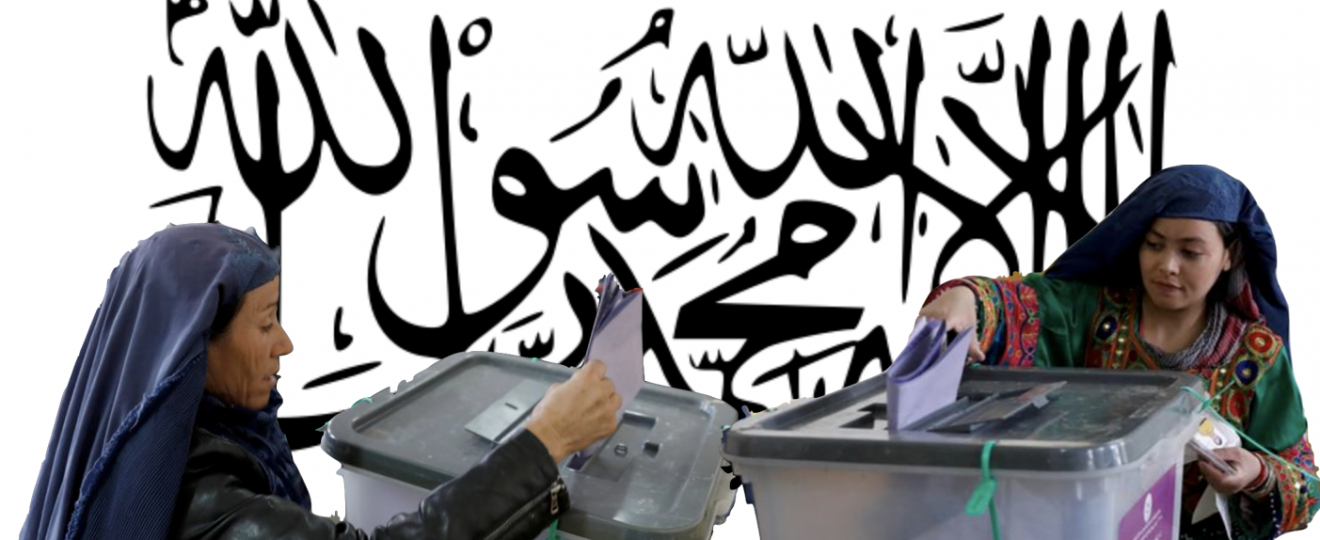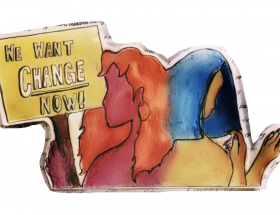Voting is an act of bravery in Afghanistan. It is the exercise of a right defined by fear, yet praised as a symbol of the defense of one’s beliefs. On October 20, 2018, Afghanistan’s preliminary elections took place under the threat of violent Taliban attacks across many polling stations. The election should have originally taken place in 2015, yet economic instability, security challenges, and political tensions meant that it finally took place in October of 2018, three years later. Ten candidates were killed in the lead-up to the elections out of the 2,500 candidates contesting for 250 seats in Parliament, many of who were women, students, and activists. This year, approximately nine million civilians were registered to vote, around three million of them being women.
Leading up to election day, the Taliban sent threats to Afghan civilians, warning them to stay away from polling stations. The courage of those who voted anyway, risking their lives for the betterment of their country, was a crucial step towards nationwide peace. Overall, 193 attacks took place across the polling stations, with over 2,000 of the approximately 5,000 polling stations being closed due to high risks of attack. At least 67 people were killed and at least 126 were injured overall. The violence was not the result of a lack of preventive measures: Afghanistan’s Ministry of Defense sent out 70,000 police officers and soldiers to protect the elections and voting civilians. Presidential spokesperson, Haroon Chakhansori, referred to the elections, despite the violence and death, as a “success” and as a “defeat for terrorists.”
Even with the violence and threats, the voting turnout was relatively high, with 3 million out of the 9 million registered voters showing up to cast their ballots. This election and its success were important for Afghanistan: they tested Afghanistan’s fragile democracy, in the midst of a brutal war, which civilians are still fighting to end. For the first time in a long period of time, the Afghan government was in control of security, meaning that the elections did not only put to test the abilities and power of Afghan security forces, but they also provided a glimpse into what the 2019 presidential elections will be like. One can say that simply the act of holding this election, despite the death and violence, is a huge achievement for the country. It reasserted the power of Afghan police officers and soldiers, and the hope is that it will signal a change to a more lawful, respectable government for the people. A successful election will not only help shape and support the new government and the rule of law, but it will also communicate resistance to those who are against it. Civilians should receive the message that they are safe(r) in Afghanistan, and terrorists should receive the message that they are no longer welcome.




